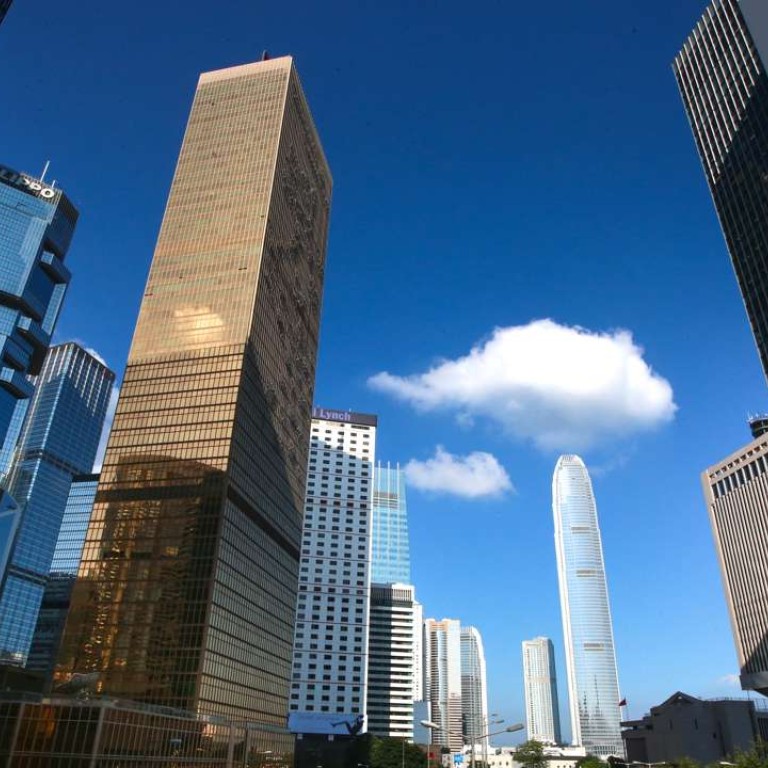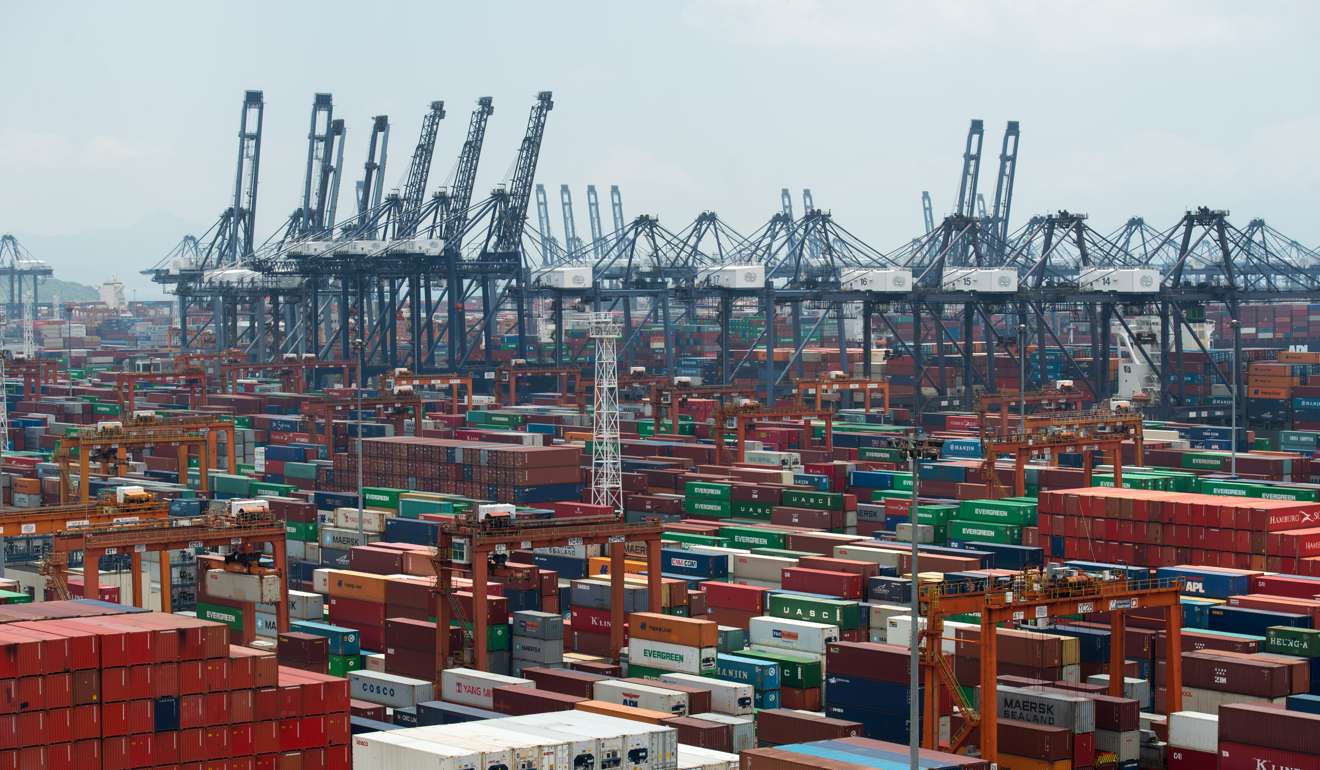
Why Hong Kong is a long way off being ‘Asia’s World City’
Hong Kong has paid the price of failing to engage effectively with the development of the Pearl River Delta
Exactly 20 years ago I and co-authors Mike Enright and Edith Scott walked into Government House to unveil our book The Hong Kong Advantage to Chris Patten, the soon-to-depart final British colonial governor of Hong Kong.
For several years, the book was Hong Kong’s best-selling English language book – which perhaps says more about how thin the English-language reading audience is in Hong Kong than about the book’s irresistible readability.

But gosh, in some areas we were wrong, and it is sobering to revisit the many presentations I gave through those transition years, to be reminded of the things I missed, and the things I misjudged. I emphasise “I” because I can’t speak for Mike or Edith, who may well have been more prescient than me.
Even today, Hong Kong’s leadership is drawn from the ranks of the government administration, and we continue to pay a high price for that
We were right to dismiss the dire predictions of the journalistic and academic voices of the time that Beijing would quickly strangle the goose that had laid so many golden eggs through Hong Kong’s colonial history. That was always journalistic hyperventilation motivated by prejudice and ignorance, and for anyone living in Hong Kong at the time, and watching the mainland develop at first hand, easy to dismiss.
We were right to emphasise the transformation of Hong Kong into a services economy – and right to argue that our strength was not as a financial services hub, but as a headquarters hub for international companies in Asia, and for thousands of emerging mainland companies. As a successful headquarters hub, Hong Kong was destined naturally to develop strong financial, legal and accounting services in support of key headquarters operations.
We were also right to emphasise the importance of Hong Kong’s links to the Pearl River Delta, and the dependence of our trade services economy on the proximity of export manufacturing operations in Hong Kong’s hinterland. All so obvious, you might say – but you say that with the advantage of hindsight.
We were right to see the transformation of Hong Kong from an entrepreneurial to a managerial economy, as middle-class parents pushed their kids into the professions. We were right to see mainland entrepreneurs coming to settle in Hong Kong to keep the entrepreneurial flame alive, but overestimated their stimulus.
But there was so much I failed to see. First, and perhaps worst, was the failure to notice shortcomings in Hong Kong’s political institutions. When Britain’s colonial rulers walked away, they left behind a competent and honest administration, but departed with the strategic policymakers, who had always been seconded to Hong Kong from ministries in Britain’s government. Administrators were excellent at administering, but were untrained and ill-equipped to forge the policies to be administered.
This shortcoming was so obvious and so pivotal, it still today embarrasses me that I did not notice the problem until too late. Even today, Hong Kong’s leadership is drawn from the ranks of the government administration, and we continue to pay a high price for that. Sadly, this will not be remedied in the current chief executive election.
I was wrong to claim that since Hong Kong had managed to thrive through those decades when China was closed and xenophobic, it would surely prosper even more strongly as China opened up and became an economic dynamo in its own right. Hong Kong had been enviably placed to monopolise China’s export processing activity when tens of thousands of Hong Kong- and foreign-invested factories were building China as manufacturer to the world, but had no such inevitable geographic advantage as growth began to rely on economic activity and consumption within China itself.

Much of the growth in the Pearl River Delta region has lacked Hong Kong engagement – in particular the new IT and digital enterprises that are beginning to set the region apart
We were right on the hugeness and prosperity. Guangdong province is today close to the size of the economy of Spain, and Shenzhen alone has a GDP estimated at HK$2.27 trillion – just 8.7 per cent smaller than Hong Kong’s HK$2.49 trillion. But we cannot claim that Hong Kong is the metropolitan heart of the region, and the interconnection process has been immensely slower than predicted.
To be fair to ourselves, we quickly saw signs that progress here would be glacial. We were asked late in 1997 by the new CH Tung administration to consider an initial study on building interconnectivity. But before we got started, the study was shelved as too sensitive. Then – as even now – many political groups in Hong Kong saw any dialogue with mainland officials as “selling out to Beijing”, or Beijing interfering in Hong Kong affairs, and the new CH Tung government lacked the political confidence or conviction to press ahead.
Through the two difficult decades since 1997, our failure to get to grips with strong interconnection has cost us dear. Much of the growth in the Pearl River Delta region has lacked Hong Kong engagement – in particular the new IT and digital enterprises that are beginning to set the region apart not just in China, but worldwide.

David Dodwell researches and writes about global, regional and Hong Kong challenges from a Hong Kong point of view

